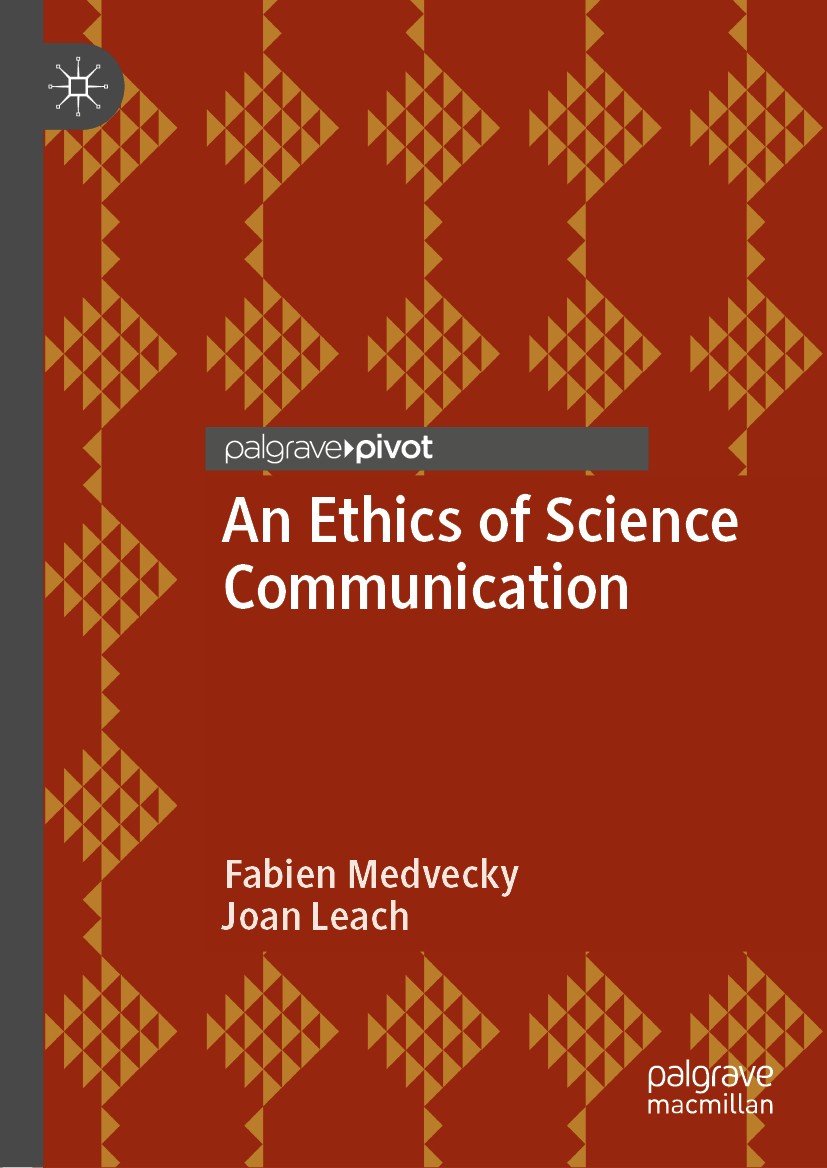| 期刊全称 | An Ethics of Science Communication | | 影响因子2023 | Fabien Medvecky,Joan Leach | | 视频video | http://file.papertrans.cn/155/154984/154984.mp4 | | 发行地址 | Presents the first comprehensive set of principles for an ethics of science communication.Covers ethical problems for science communication as a way to analyse what we need to do to create an ethics o | | 图书封面 |  | | 影响因子 | .This book presents the first comprehensive set of principles for an ethics of science communication. We all want to communicate science ethically, but how do we do so? What does being ethical when communicating science even mean? The authors argue that ethical reasoning is essential training for science communicators. The book provides an overview of the relationship between values, science, and communication. Ethical problems are examined to consider how to create an ethics of science communication. These issues range from the timing of communication, narratives, accuracy and persuasion, to funding and the client-public tension. The book offers a tailor-made ethics of science communication based on principlism. Case studies are used to demonstrate how this tailor-made ethics can be applied in practice.. | | Pindex | Book 2019 |
The information of publication is updating

|
|
 |Archiver|手机版|小黑屋|
派博传思国际
( 京公网安备110108008328)
GMT+8, 2026-1-23 03:23
|Archiver|手机版|小黑屋|
派博传思国际
( 京公网安备110108008328)
GMT+8, 2026-1-23 03:23


